By Christopher Miskimon
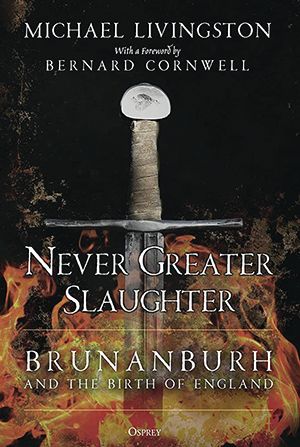 England was born in AD 937 at the Battle of Brunanburh. An army led by Viking and Celtic kings from Ireland, Scotland and Strathclyde gathered to destroy the rising power of the Anglo-Saxon kingdom of England. The Anglo-Saxon force, led by King Athelstan, defeated them; accounts refer to the killing of five kings and seven earls from among the enemy ranks. Battle in that time and place was a clash of shield walls. Warriors on both sides would hack and slash at each other hoping to pierce the shield wall; then the real slaughter could begin. At Brunanburh the English split their enemy’s shield wall and cemented the existence of England as a nation.
England was born in AD 937 at the Battle of Brunanburh. An army led by Viking and Celtic kings from Ireland, Scotland and Strathclyde gathered to destroy the rising power of the Anglo-Saxon kingdom of England. The Anglo-Saxon force, led by King Athelstan, defeated them; accounts refer to the killing of five kings and seven earls from among the enemy ranks. Battle in that time and place was a clash of shield walls. Warriors on both sides would hack and slash at each other hoping to pierce the shield wall; then the real slaughter could begin. At Brunanburh the English split their enemy’s shield wall and cemented the existence of England as a nation.
Brunanburh is one of the most important battles in history, but even many knowledgeable students of military history have never heard of it. Awareness of the battle faded over the centuries until even its exact location was lost, though some archaeologists believe they have found it in recent years. The author gathers what is known of Brunanburh along with what can reasonably be inferred and makes an interesting and compelling argument for his account.
Never Greater Slaughter: Brunanburh and the Birth of England (Michael Livingston, Osprey Publishing, Oxford UK, 2023, 224 pp., maps, photographs, notes, bibliography, index, $18, softcover)
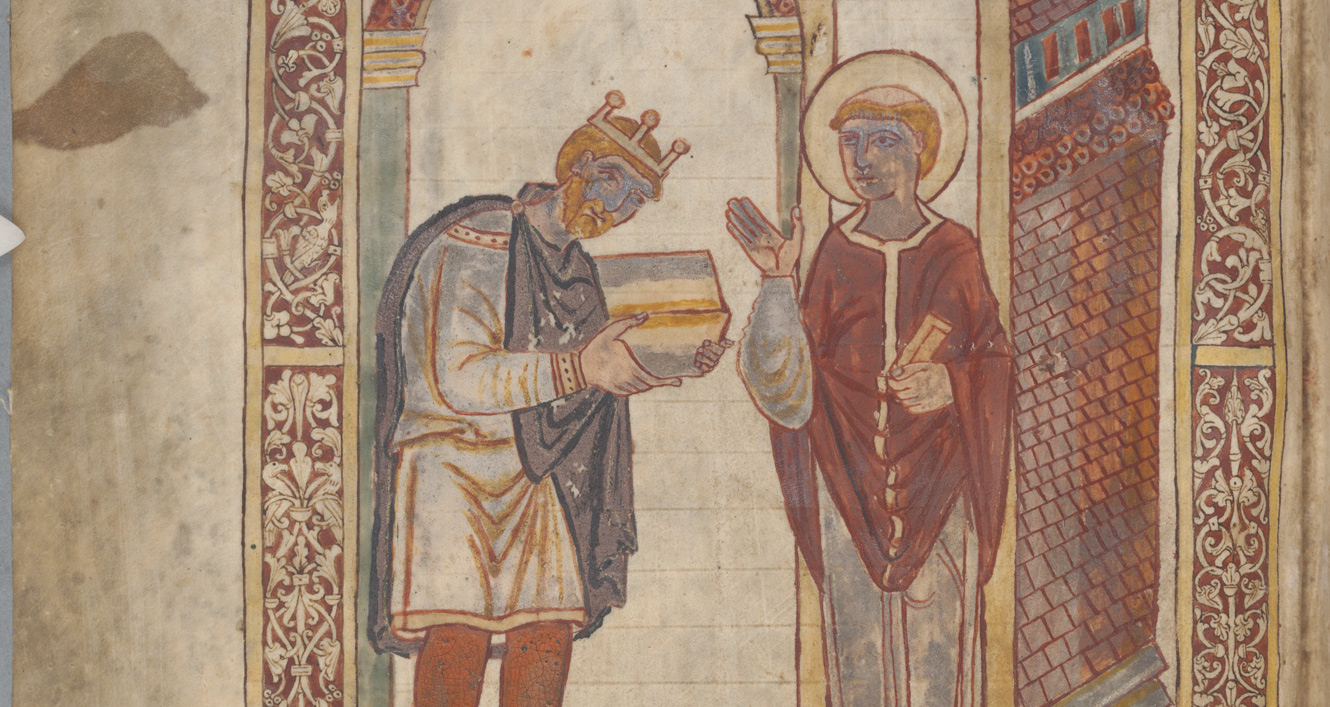

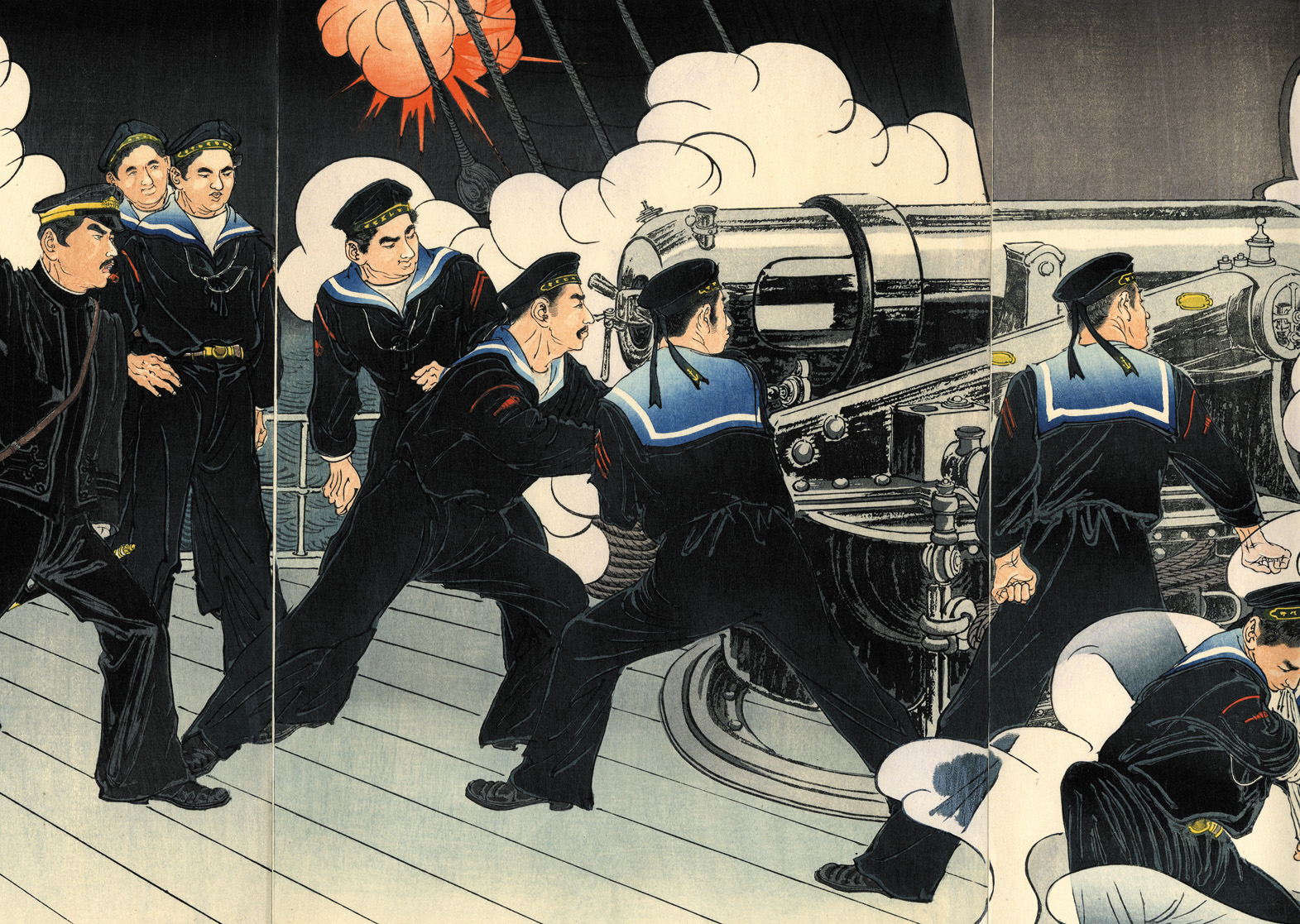
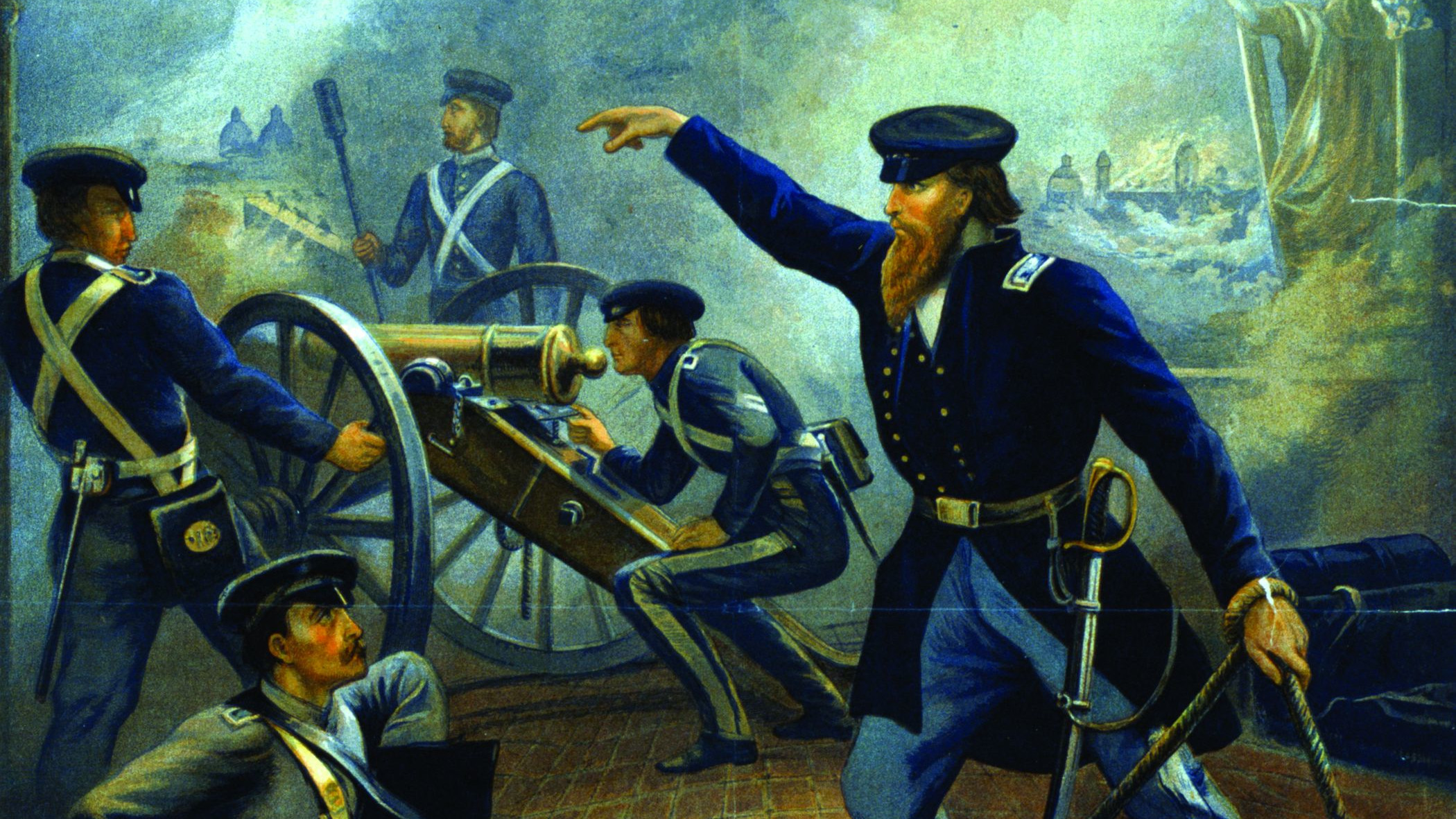
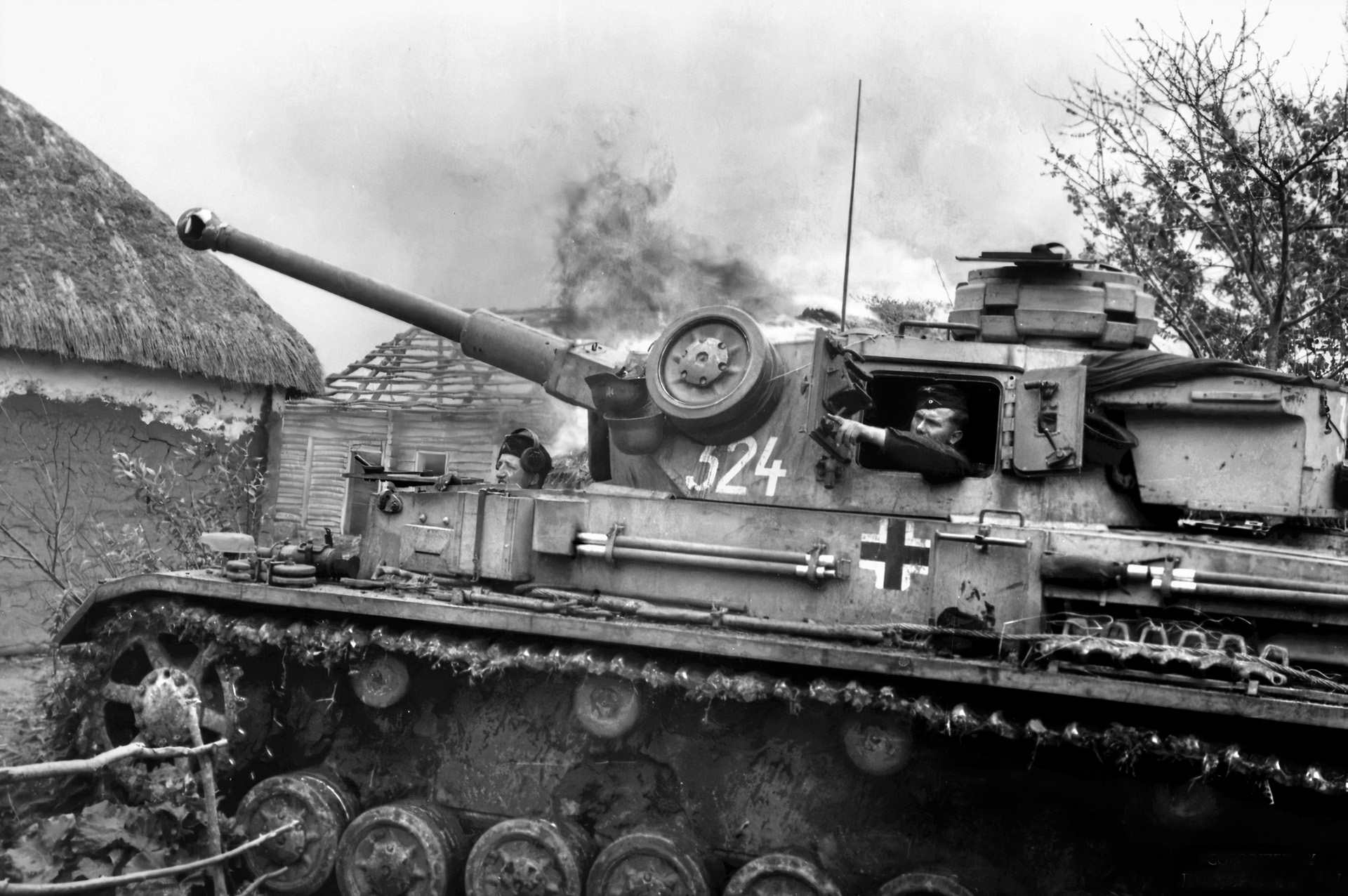

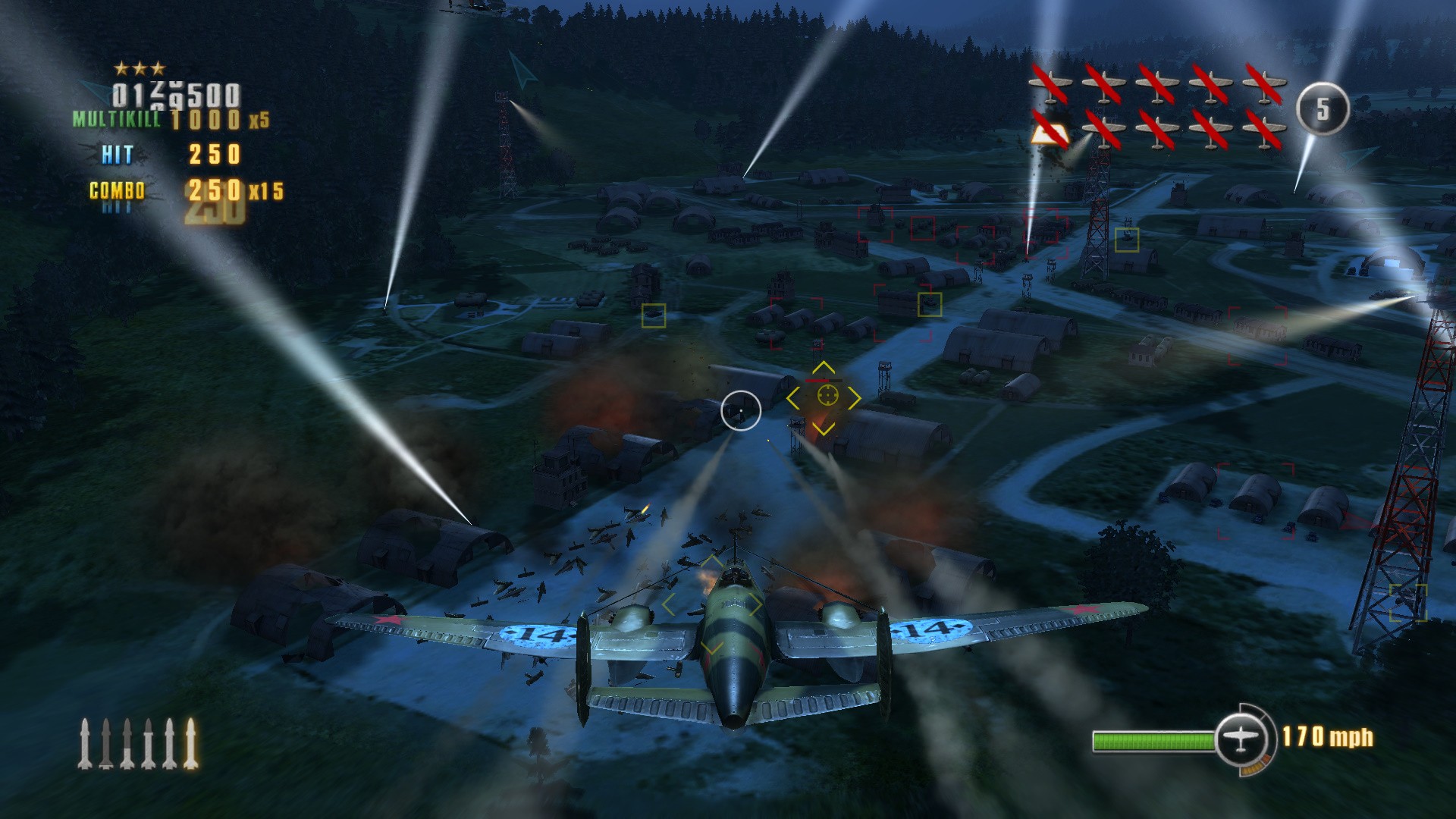
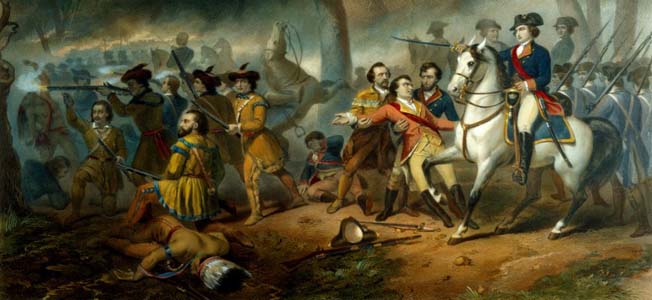

Join The Conversation
Comments
View All Comments